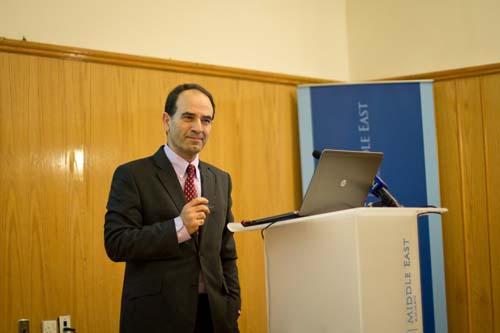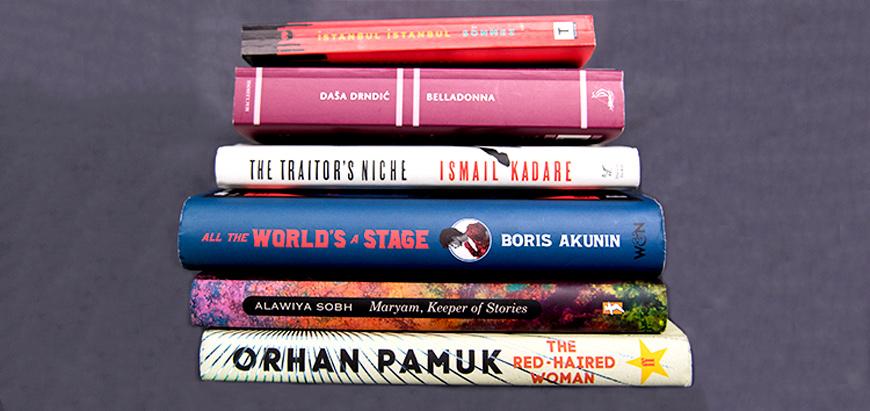AMMAN — Only three Chinese novels were translated into English in 2012, while Arabs translated 30 of their fictional works into what is widely regarded as the world’s “universal language”, a scholar and translator has said.
Delivering a lecture recently at Columbia University Middle East Research Centre, Yasir Suleiman, a prolific writer and a fellow of King’s College London, said more Arabic works were translated into English because of the Arab world’s cultural, historical and geographical closeness to the West, and due to Westerners’ interest in the “Orient”.
In a talk titled “Orientalism and the Translation of Arabic Literature”, Suleiman explained that the choices of Arabic novels translated into English and other European languages are governed by Western indulgence in Orientalism.
“Orientalism has become a prison for translation,” he argued.
“Prejudice against Arabs and Islam is to blame for the very few Arabic literary works translated into European languages,” Suleiman said.
Referring many times to Edward Said’s widely read book “Orientalism” (1978), Suleiman said: “Despite growing international interest in the Middle East and increasing translation of Arabic literary fiction into English, some argue that Arabic literature is still not properly represented as a major literature of the world.
“One reason given is the Orientalist bias of the English-speaking audience, which tends only to be interested in specific subjects, such as women or despotism.”
In an interview with The Jordan Times following the lecture, Suleiman said there is “professionalism” in translation from Arabic into English now with translators becoming more aware of the concept of Orientalism and its cultural connotations.
“The oriental issue is no longer perceived, received and handled as it used to be,” he said.
Again asked about the reasons behind Arabs outnumbering the Chinese in producing translated fiction, Suleiman said that “Arabs are at the gates to Europe and are more culturally and historically linked with the Europeans.”
However, Suleiman attributed the reason also to the rivalry between the Arab and Western worlds.
“We are politically at odds with the West, which is so much interested in knowing about the Arab world through its literature.”
Suleiman is chair of trustees at the International Prize for Arabic Fiction which, he said, aims at encouraging translation of Arabic literature into English and other languages and raising awareness about the Arabic novel.
The research covers the cultural politics of the Middle East with special focus on identity, conflict, diaspora studies and modernisation in so far as these issues relate to language, modern Arabic literature, translation and memory.















